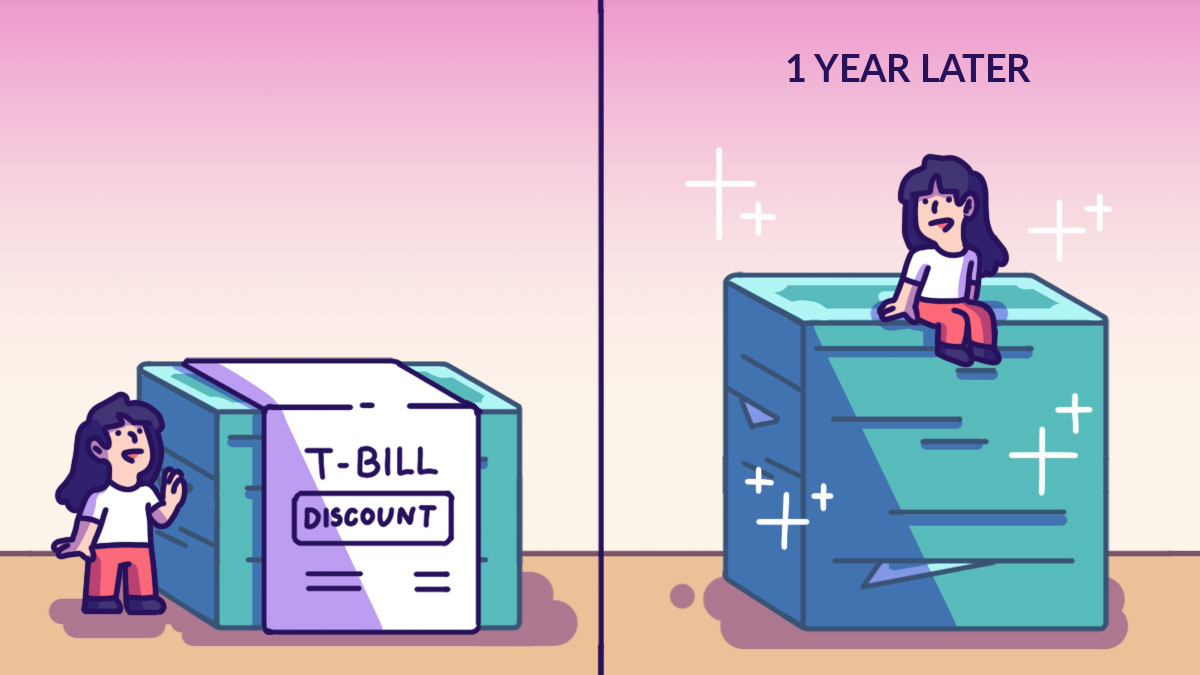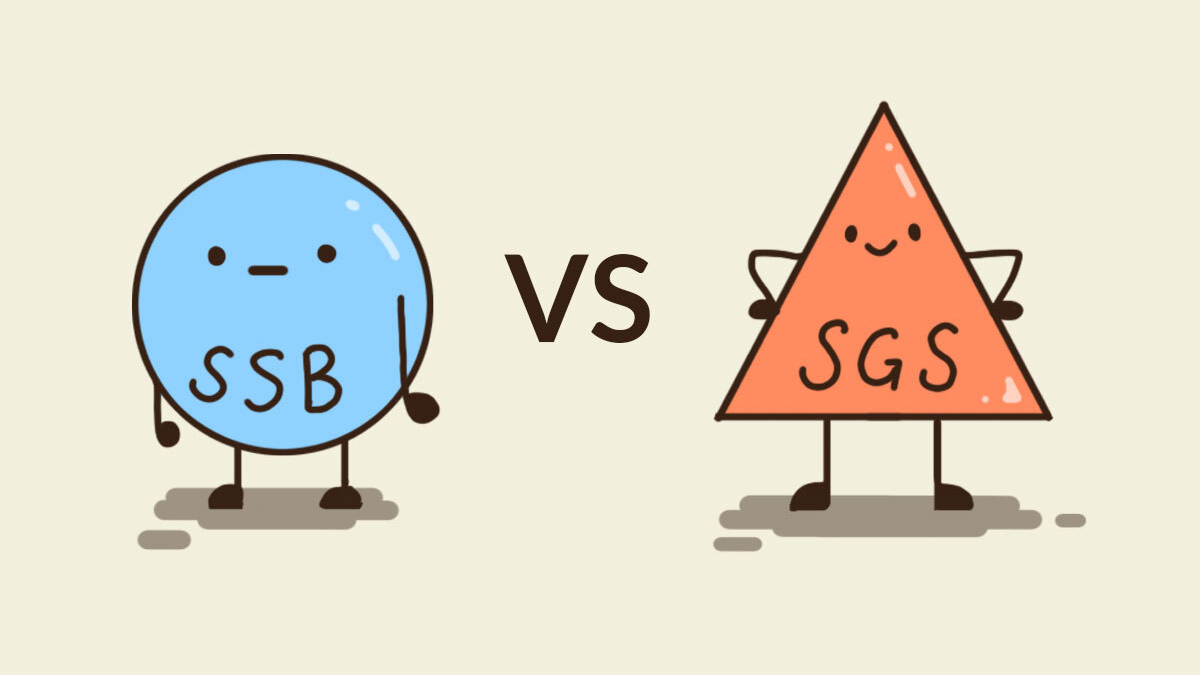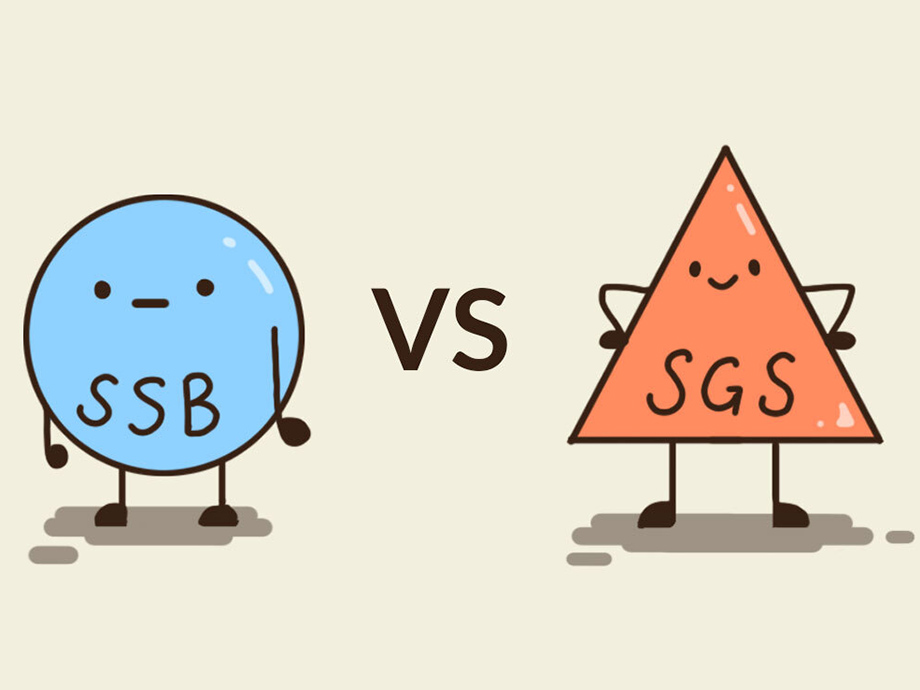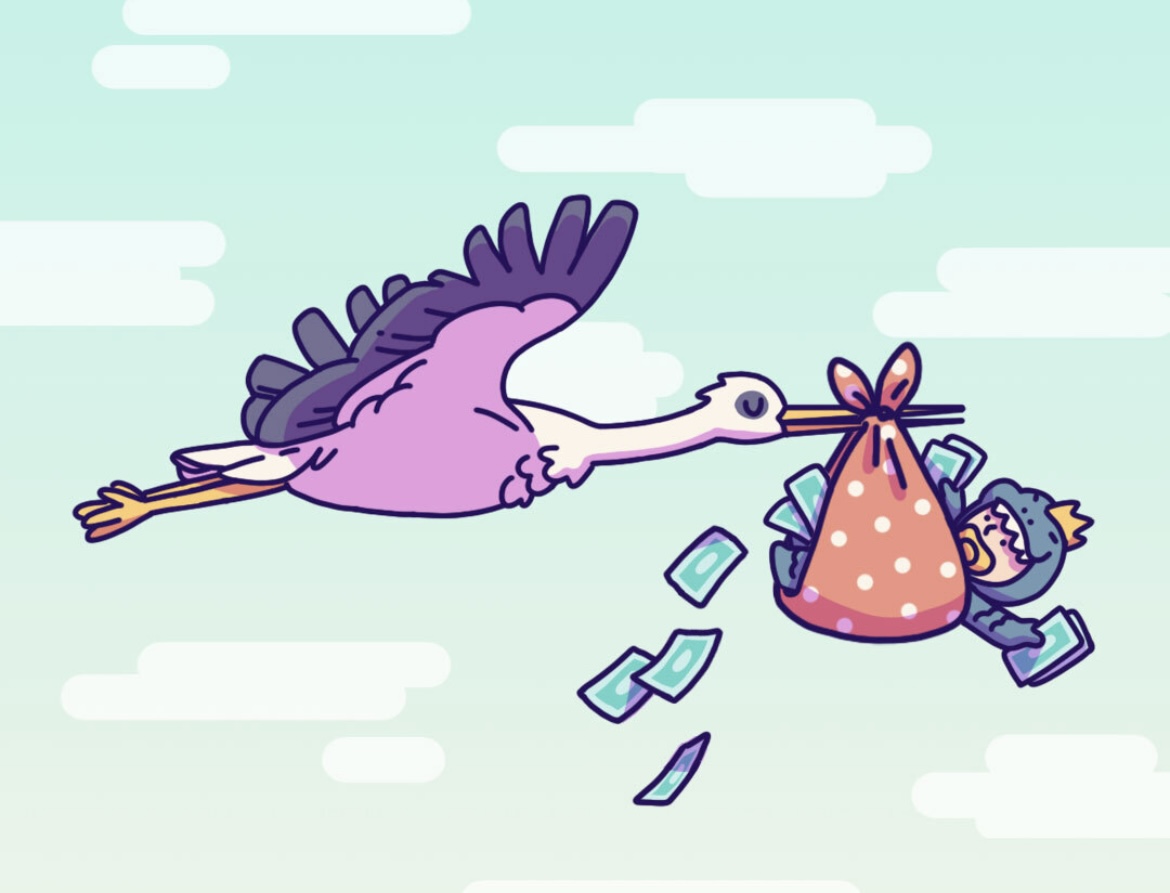Financial Planning | Investing | Personal Finance | Article
What You Really Need to Know about Singapore T-bill
by Lionel | 14 Nov 2022 | 6 mins read

As the cost of living in Singapore rises, you’re probably asking yourself, “How can I make sure my savings keep up with inflation?” Sure, you can continue jumping through hoops to qualify for the highest interest rate tier on your high-yield savings account. But you may want a less tedious way to make your idle cash work harder for you. Enter Singapore Government Treasury bills.
Here we’ll go over what exactly T-bills are, how T-bills really work and how you can get your hands on some if you decide to invest.
What exactly are T-bills?
Treasury bills, otherwise known as T-bills, are short-term debt securities issued by governments around the world. The Singapore government also offers its own T-bills, and it is one of the three Singapore Government Securities (SGS) offered to individual investors. SGS is a way for the government to borrow money and to provide the public with a savings option that offers safe returns over the short and long term.
SGS T-bills are available as 6-month and 1-year versions from MAS and fully backed by the Singapore Government. What perhaps is most attractive about this investment is its relatively low minimum amount and the types of funds you can use to purchase T-bills.
All you need to invest in T-bills is a minimum of $1,000. If you’ll like to invest more, it has to be in multiples of $1,000. You aren’t just limited to using money in your savings account for this investment — you can also tap on the money in your CPF OA account or SRS for T-bills. Any returns you receive from your T-bill investment is also tax-free.
How do T-bills actually work?
While you’ll be getting returns from your investments in T-bills, it doesn’t quite work like the more commonly known SGS Bonds and Singapore Savings Bonds (SSBs). Bonds generally generate returns for investors by paying interest at regular pre-determined intervals.
T-bills on the other hand are sold at a discount off their face value, and upon maturity, investors get back the full face value of the bill. The difference between the discounted price and the face value is called the yield or returns, which is what you earn when you invest in T-bills.
One way to think about it is that you are purchasing an item at a discounted price, cheaper than the retail price. After six months or a year, the original seller wants to buy it back at the retail price, and because of that you now have more money than when you started. That’s pretty much how T-bills work.
Here’s how the precise calculations work: If you invest in a 1-year T-Bill with a 4% yield per annum, you’ll be paying $960 at the start. Once the T-bill matures after a year, you’ll get back $1,000. In this scenario, you’ve made $40 (or 4% p.a) on your investment.
Yield on the T-bill is not always the same
One thing to note is that the yield on T-bills changes depending on the current interest rate environment. Hence the interest differs each time it is issued.
Given that interest rates have been going up lately, the yield on T-bills is also increasing. For example, the recent 6-month T-bill offered by the Monetary Authority of Singapore (MAS) on 10 November 2022 was much higher, at 4% per annum, compared to the yield this same time last year, which was at 0.49%. This also means that the current T-bill yield is higher than the CPF Ordinary Account interest rate of 2.5% and 4% for Special, MediSave and Retirement Accounts.
However, you should always do your own research before purchasing a T-bill or making any sort of investment.
Related
How to get your hands on some T-bills
If you have decided to invest in T-bills, it’s not as simple as buying it as you wish. MAS releases T-bills through a T-bill auction and you can put in a direct bid for it. As the word “auction” suggests, you may not necessarily get all (or any) of the T-bills you’ve bid for. But it’s still worth a shot if you’re looking for a safe vehicle to earn a return on your cash, and you could try again when the next round of T-bills are issued.
The T-bills are issued according to the MAS calendar published around October or November of the year before. The final 1-year T-bill closed on 13 October but you can still bid for 6-months T-bills on 24 November, 8 December and 21 December. You can apply for T-bills through a primary dealer listed on the MAS website. These primary dealers are usually the banks in Singapore. But before you apply, you’ll need to have an existing CDP account with the Direct Crediting feature activated.
It’s also important to note that there are two types of bids that you can make – a competitive bid and a non-competitive bid.
In a competitive bid, you’ll need to state the price that you’re willing to pay for the T-bill in yield terms. The lower the yield, the more competitive the bid is because you’re basically saying that you’re willing to accept a lower return on the T-bill. The downside of a competitive bid is that you may not get the full amount that you’ve applied as your bid may differ from the cut-off yield, which is the highest accepted yield in the competitive bid.
In a non-competitive bid, you don’t have to specify the yield you want on the T-bill, only the amount that you intend to invest. If your bid is successful, you’ll be allocated the T-bill based on the cut-off yield.
There are a couple of things to consider in your decision to submit a competitive or non-competitive bid:
- If you’re not financially savvy enough to know what yield to pay, you’re better off putting in a non-competitive bid
- You have a higher chance of getting the T-bills in a non-competitive bid because non-competitive bids are allotted first.
If you miss out on the auction, you can consider buying T-bills through the secondary market, but just note that the prices are subject to market conditions and may differ from the auction prices.
While SGS T-bills are considered generally risk-free as they are fully backed by the Singapore Government, there is an inherent interest rate risk. The yield for T-bills is not fixed and you only know the actual amount at the auction. They may also offer lower returns compared to other investments.
Visit the MAS site to find out more about when the next tranche of T-bills will be released and how you can apply if you are interested.
















